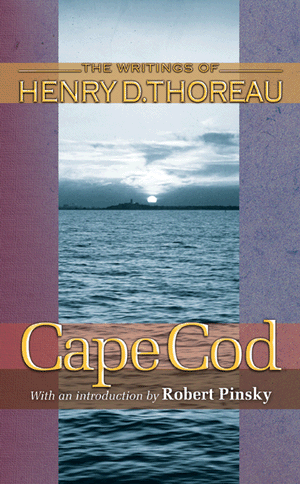- RESEARCH
- #USSOBOOKHOUR
- REVIEWS
- EYES ON EVENTS

- SPECIAL SERIES
- EVENTS
- #WRITEAMSTUDIES
- USSOCAST



On Tuesday 26 May, between 8-9.30pm GMT, we invite scholars and members of the public to an open forum twitter discussion on Henry David Thoreau’s Cape Cod with Dr. Thomas Ruys Smith (UEA), Dr. Michael James Collins (Kent), Dr. Benjamin Pickford (Nottingham) and bookhour organiser Joanne Mildenhall (UEA). The questions that will guide the session will be uploaded closer to the time on this page.
The edition being used is this one: http://press.princeton.edu/titles/7112.html
Thoreau’s Cape Cod
Henry David Thoreau visited Cape Cod in 1849, 1850, and 1853. These trips formed the basis for a series of essays, several of which were published in magazines. After Thoreau’s death the essays were gathered together, arranged into ten chapters and published as Cape Cod in 1865. Cape Cod opens with a description of the shipwreck of the St John and a ride by coach across the Cape, but the heart of the book lies in the following chapters in which Thoreau and his companion walk the 30 mile beach from Nauset Harbor to Provincetown. His trips to the Cape, Thoreau wrote, were intended to afford “a better view than I had yet had of the ocean,” and the Atlantic dominates the narrative, from the fatal shipwreck of the opening episode to the later reflections on the Pilgrims’ Cape Cod landing. Thoreau pays characteristically close attention to the plants, animals, topography, weather and human history of the area, and alongside his own observations relates the experiences of local fishermen, farmers, salvagers, lighthouse-keepers and ship-captains. These stories of exploration, settlement and survival in the natural environment of the Cape prompt Thoreau to reconceive the history of New England and to recognise the parochialism of history itself.